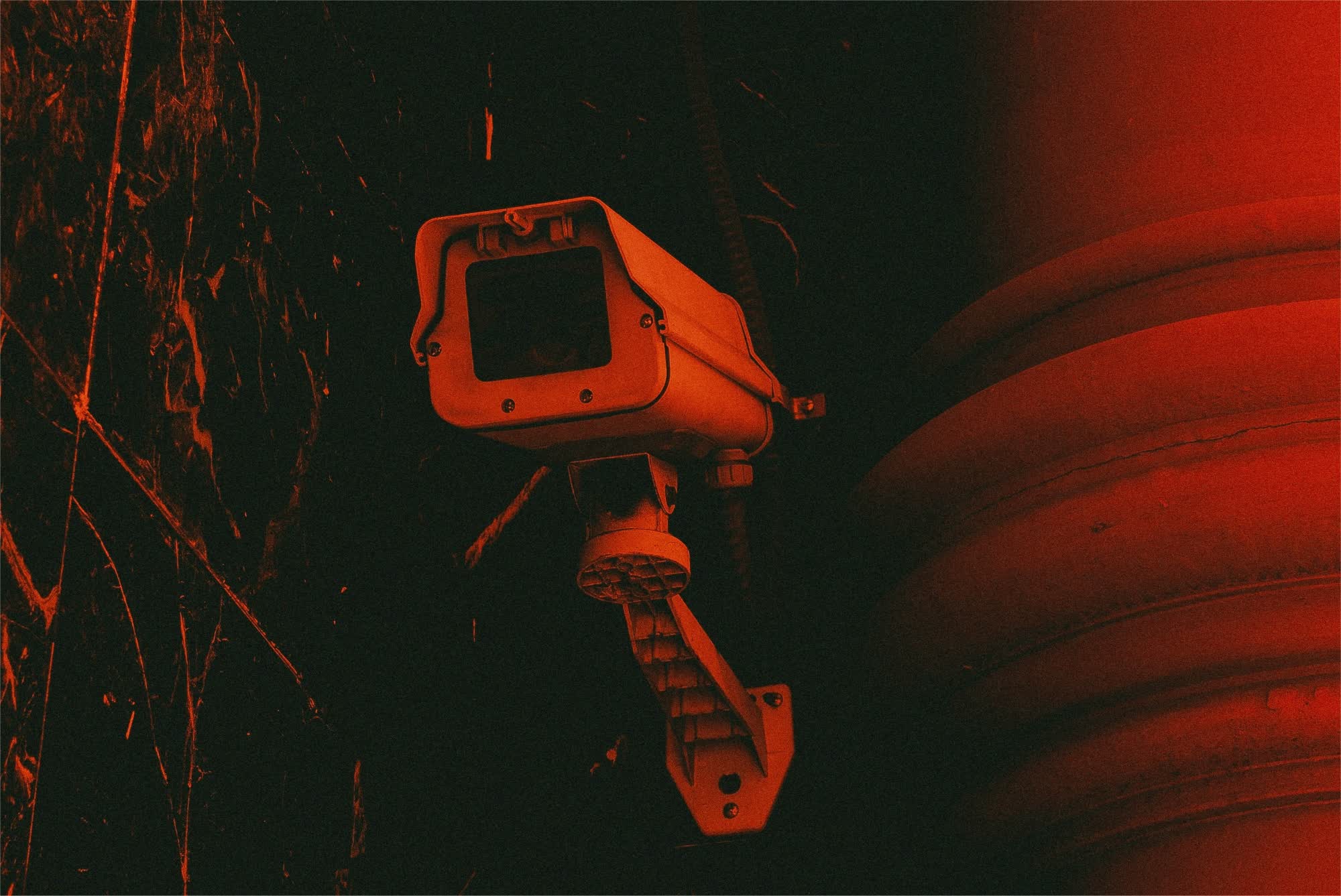In a startling development, a prominent spyware manufacturer has fallen victim to a cyberattack, resulting in the exposure of sensitive data that reveals the extent of its surveillance operations. The breach has unveiled thousands of devices worldwide that were secretly being controlled and monitored, raising serious privacy and security concerns.
The hack targeted the company, a company known for producing sophisticated spyware tools marketed primarily to law enforcement and intelligence agencies. The breach, first discovered by cybersecurity researchers, has exposed a trove of data, including detailed records of remotely controlled devices, client information, and internal communications.
The data leak reveals that the spyware was installed on devices ranging from smartphones and tablets to computers, enabling the covert collection of data such as text messages, call logs, emails, location data, and even real-time audio and video recordings. The scale of the operation suggests that thousands of individuals across various countries were unknowingly subjected to extensive surveillance.

Global Privacy Implications
Privacy advocates and cybersecurity experts are alarmed by the revelations, which highlight the potential for misuse and abuse of surveillance technology. “This breach underscores the dangers posed by unchecked spyware proliferation,” said Eva Galperin, Director of Cybersecurity at the Electronic Frontier Foundation. “The lack of transparency and oversight can lead to significant violations of individual privacy and civil liberties.”
The exposed data indicates that the spyware was not only used by government agencies but also by private entities, further complicating the ethical and legal implications of such surveillance practices. Reports suggest that some of the targets included journalists, human rights activists, and political dissidents, raising concerns about the suppression of free speech and the violation of human rights.
In response to the breach, the company issued a statement acknowledging the cyberattack and expressing regret for the security lapse. The company stated that it is working with law enforcement authorities and cybersecurity experts to investigate the incident and prevent future breaches. “We take this matter very seriously and are committed to ensuring the security and privacy of our clients’ data,” the statement read.

However, the company’s reassurances have done little to quell the growing outcry. Calls for stricter regulations and oversight of spyware technology are gaining momentum, with many arguing that the current legal framework is insufficient to address the complexities and risks associated with digital surveillance.
The breach has intensified the debate over the regulation of spyware and surveillance technologies. Lawmakers and privacy advocates are urging governments to implement more stringent controls to prevent abuse and protect citizens’ rights. “We need robust legal safeguards to ensure that surveillance tools are not misused to infringe upon privacy and civil liberties,” said Senator Ron Wyden, a vocal advocate for digital privacy.
The incident may also prompt legal action against the company from individuals and organizations affected by the breach. Legal experts suggest that the company could face significant liability for failing to protect sensitive data and enabling unauthorized surveillance.
Future of Spyware Technology
As the fallout from the breach continues, the future of spyware technology is under scrutiny. The incident has highlighted the urgent need for a balanced approach that allows legitimate law enforcement use while safeguarding against potential abuses. Developing more secure and transparent technologies, along with establishing clear legal and ethical guidelines, will be crucial in navigating the complex landscape of digital surveillance.
For now, the breach serves as a stark reminder of the vulnerabilities inherent in surveillance technologies and the far-reaching implications of their misuse. As investigations proceed and regulatory discussions unfold, the priority remains to protect individual privacy and uphold the principles of transparency and accountability in the digital age.












